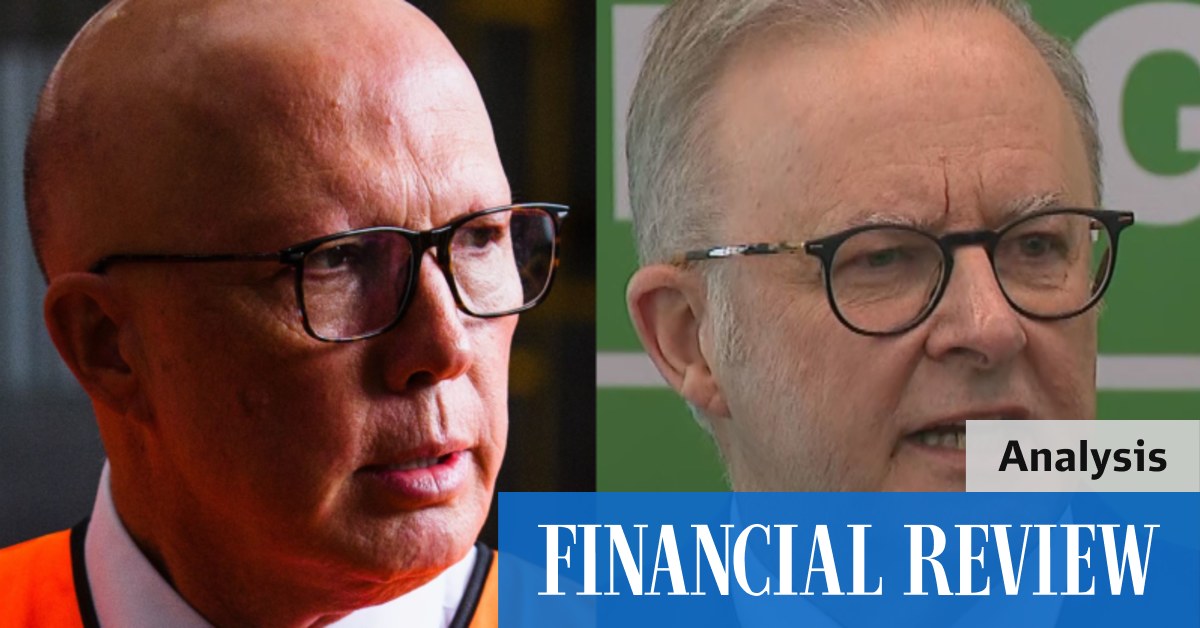Dutton vs Canberra: PM, Greens Clash Over Climate and Energy Policy
Australia's political landscape is heating up, with a major clash erupting between Prime Minister Anthony Albanese and Deputy Prime Minister Barnaby Joyce, and the Greens over the nation's climate and energy policies. The disagreement, which spilled over into a fiery parliamentary debate this week, highlights the deep divisions within the Australian government and the broader political spectrum on how to tackle climate change.
The Core of the Conflict
The central point of contention revolves around the government's proposed climate targets and the implementation of its renewable energy strategy. While the Albanese government has pledged to reduce emissions by 43% by 2030, the Greens argue that this target is insufficient and calls for a more ambitious approach, advocating for a faster transition to renewable energy sources. Deputy Prime Minister Barnaby Joyce, representing a more conservative faction within the government, voiced concerns about the economic impact of rapid decarbonization, particularly on regional communities heavily reliant on traditional industries.
This disagreement isn't just a matter of policy differences; it's a fundamental clash of ideologies. The Greens champion a rapid and complete shift away from fossil fuels, emphasizing the urgency of climate action to prevent catastrophic environmental damage. The government, while committed to reducing emissions, seeks a more balanced approach, aiming to minimize economic disruption while transitioning to a cleaner energy future. This tension is reflected in the ongoing debate surrounding the expansion of coal mines and the development of new renewable energy projects.
Key Points of Contention:
- The 43% Emissions Reduction Target: The Greens believe this target is too lenient and fails to align with the scientific consensus on the scale of action required to limit global warming.
- Renewable Energy Investment: Disagreements persist over the level of government investment needed to support the transition to renewable energy and the pace of that transition.
- Job Creation and Economic Impact: The opposition highlights potential job losses in traditional industries and emphasizes the need to ensure a just transition for workers and communities affected by the shift to renewable energy.
- The Role of Fossil Fuels: The ongoing debate about the future of Australia's fossil fuel industry remains a major point of contention, with the Greens calling for a rapid phase-out and the government advocating for a managed transition.
Public Opinion and Political Fallout
The clash between the government and the Greens has sparked significant public debate, with strong opinions expressed on both sides. Polling data suggests a growing public concern about climate change, but there remains significant division over the best approach to address the issue. The political fallout could be significant, impacting the government's ability to pass legislation related to climate change and potentially influencing the outcome of future elections. This internal disagreement within the governing coalition could weaken its overall political standing.
Looking Ahead
The Dutton vs Canberra (representing the government and Greens respectively) clash underscores the complexities of navigating climate change policy in a politically diverse nation. Finding a compromise that balances environmental concerns with economic realities will be crucial for Australia's future. The coming months will be critical in determining how the government will navigate these challenges and whether it can forge a path towards a sustainable and economically viable energy future. The ongoing debate will undoubtedly continue to shape the national conversation and influence policy decisions for years to come.
Call to Action: What are your thoughts on Australia's climate and energy policies? Share your opinion in the comments below! Let's discuss the path forward.

